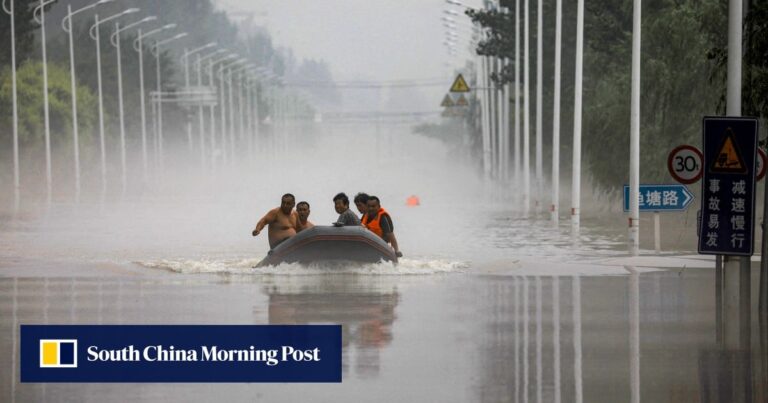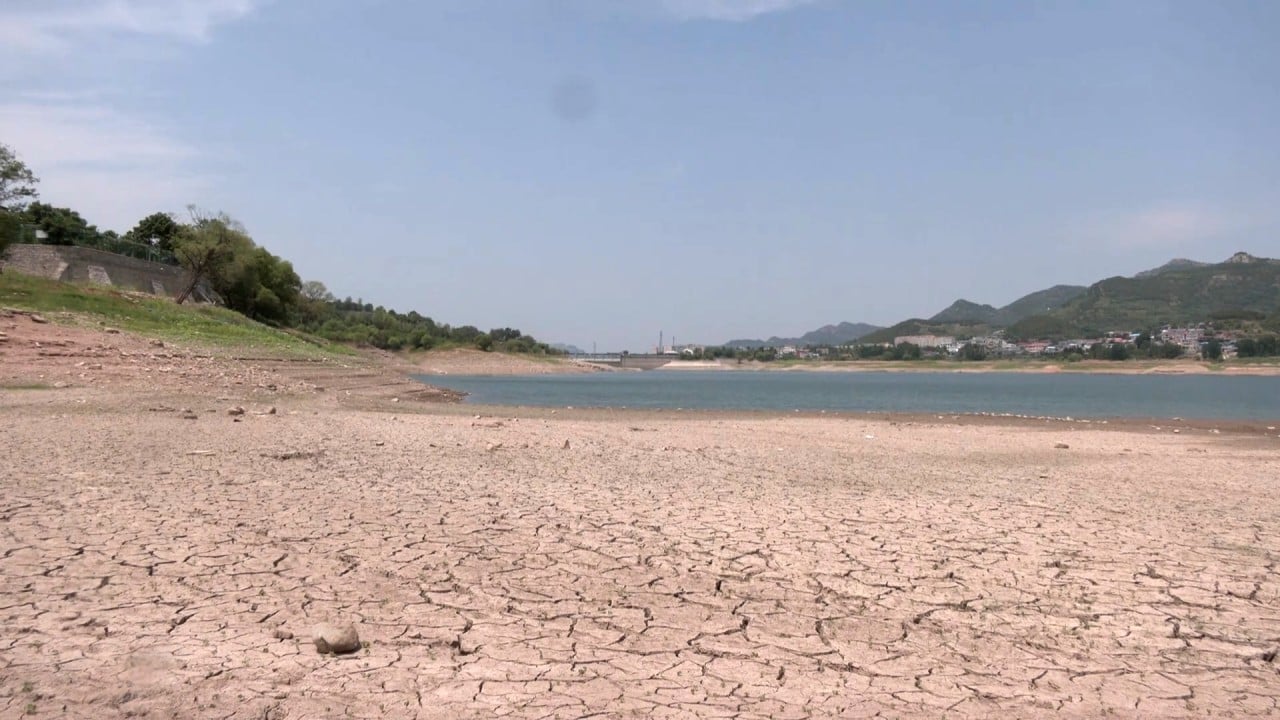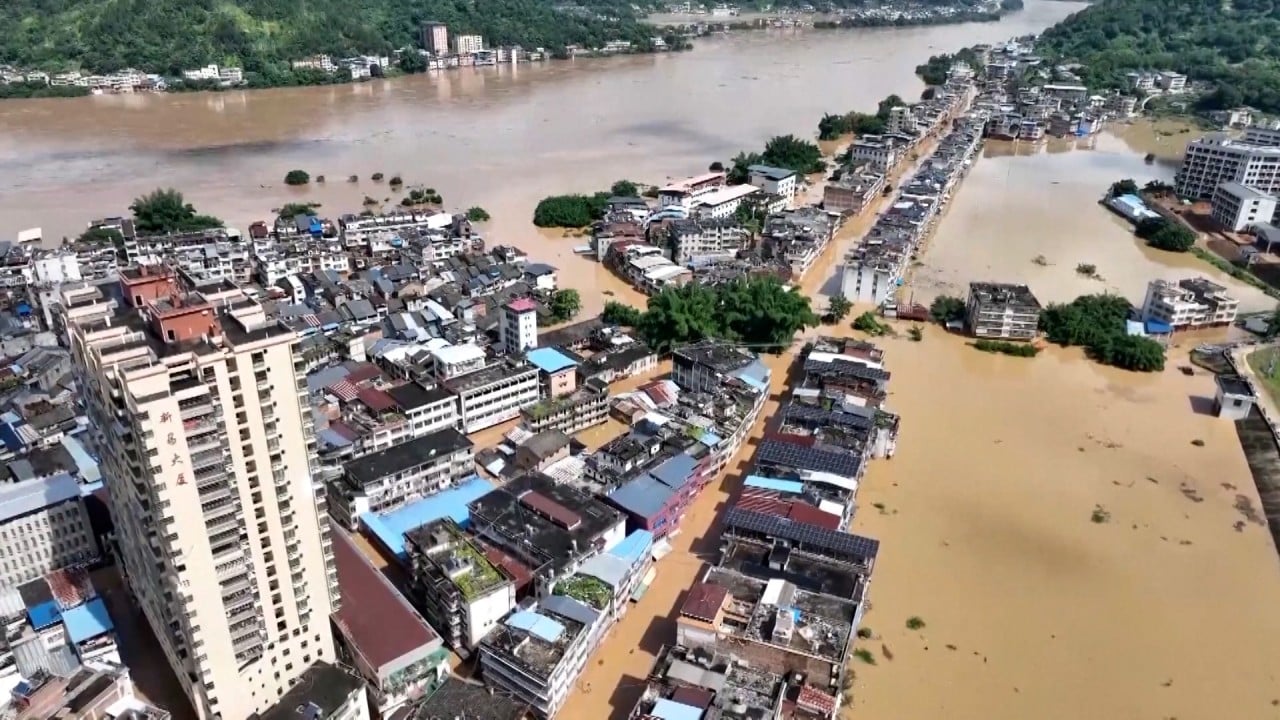The amendment was passed by the Standing Committee of the National People’s Congress, China’s highest legislative body, and will come into effect in November.
Under the revised law, maximum fines for those who fail to fulfill their legal responsibilities during emergency situations will be increased five-fold from 200,000 yuan (US$27,520) to 1 million yuan, to deter particularly serious situations.
A spokesman for the NPC had previously said the revision was prompted by China’s experience with the COVID-19 pandemic.
President Xi Jinping ordered the creation of a centralized emergency resource reserve system in February 2020, shortly after China introduced strict zero-COVID policies that included large-scale quarantine and testing, as well as border controls.
The central government took full control of the pandemic response but left room for diverse implementation at the local level. Under this policy, China experienced relatively low infection rates for about two years before suddenly lifting restrictions in late 2022, resulting in a massive outbreak.
China has been plagued by increasingly extreme weather in recent months, with floods and heavy rains in some areas and drought-like conditions in others taking a toll on lives and the economy, particularly the agricultural sector.
The Meteorological Agency has warned that this year could be even worse.
On Saturday, the National Meteorological Center issued the most severe rainfall warning under a four-tier system after regions in four southern and southeastern provinces recorded between 250 mm (9.8 inches) and 322 mm of rainfall in 24 hours.
According to the state-run Xinhua news agency, the 2007 amendment to the law was aimed at “clarifying the responsibilities of all parties and improving the emergency response management and command system.”
The newly added item emphasizes the goal of “strengthening, centralizing, unifying, efficient and authoritative leadership for emergency response work with Chinese characteristics.”
The revised law will strengthen the building of a centralized emergency resource reserve for efficient allocation, while the catalogue of reserve items will be actively updated by departments under the State Council, China’s cabinet.
The country will also set up a “comprehensive emergency alert platform” and require media, telecommunications and internet service providers to establish “rapid channels” for disseminating emergency information.
The proposed amendments also strictly prohibit “any institution or individual” from fabricating or disseminating false information about the emergency and require the government to disclose any information it learns that “may affect social stability.”
Local governments should “guide” media outlets and assist them in reporting and monitoring public opinion, and media outlets should “report on emergencies in a timely, accurate, objective and impartial manner.”
But the clause has raised concerns that it could stifle media coverage of natural disasters, as local governments typically hold press conferences and bar victims and their relatives from speaking to the media while sending officials to monitor and contact families.
The coronavirus has brought new challenges to emergency response management and demonstrated the need to revise the 2007 law, Yue Zhongming, who was spokesman for the Legislative Committee of the National People’s Congress (NPC) at the time, said in December 2021.



